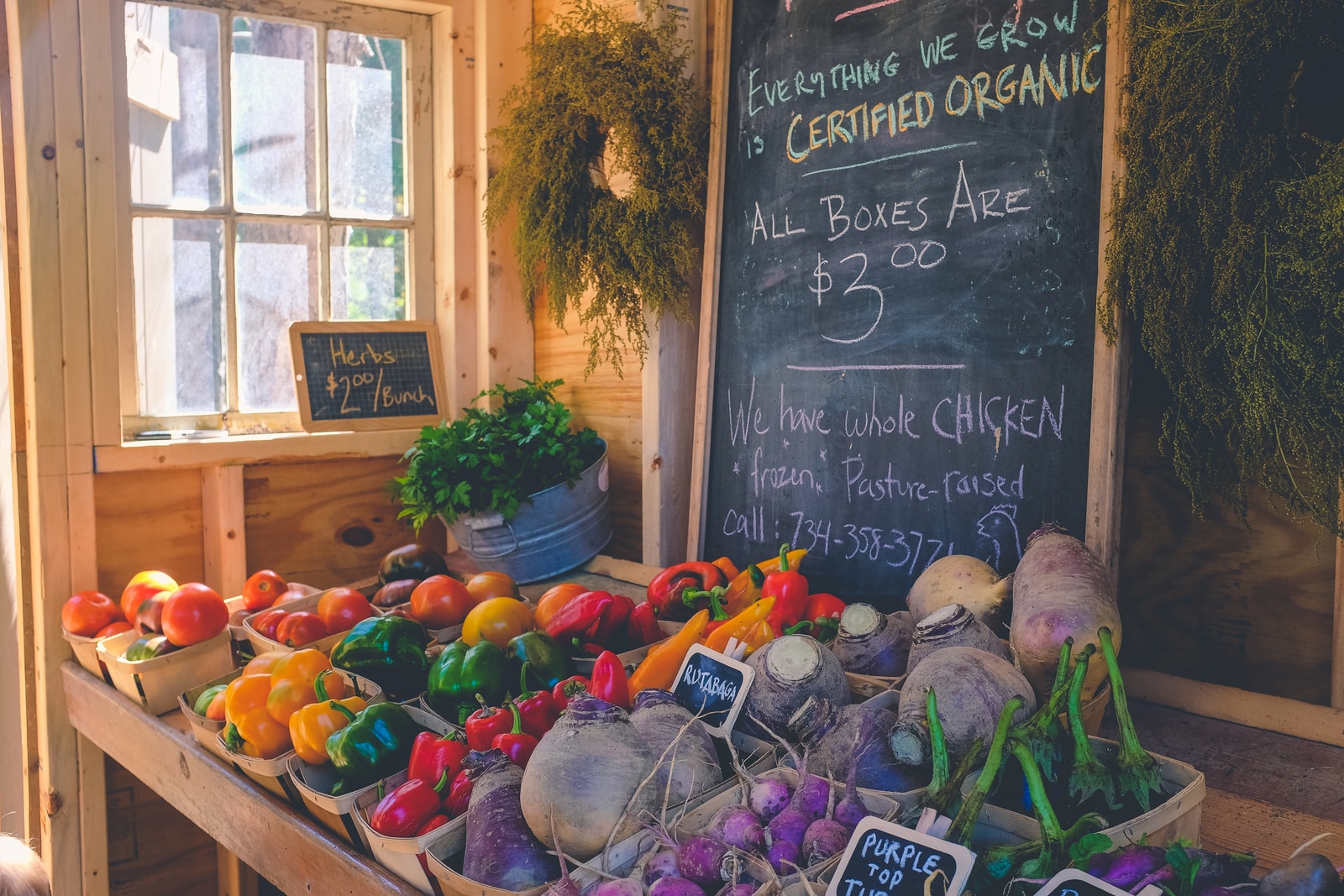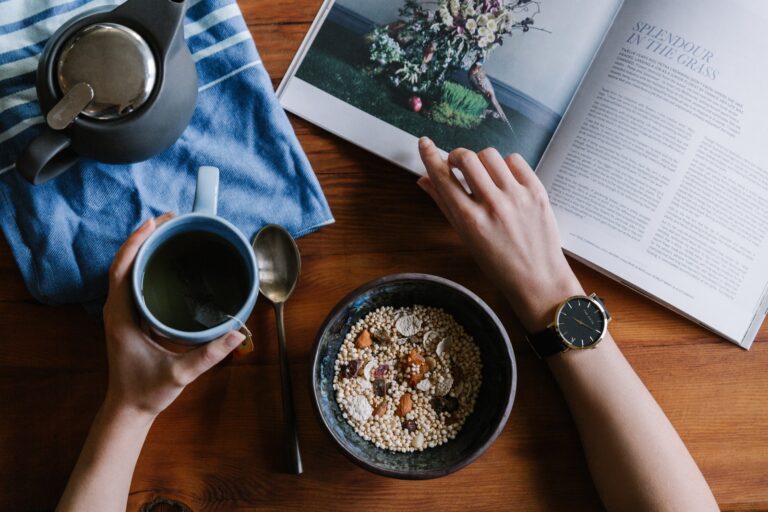Is Organic Food Better? – How to choose?
I will assume that you have been to a grocery store before and bought fruits and vegetables. Whether you get all your ingredients, local, organic or whatever, is the cheapest price for your budget. The fact that you get fruits and vegetables compared to any processed food is a plus, but is organic food better for you?
The answer to the question, does it matter, will be answered later. I would argue that whatever choices you make, as long as you don’t buy processed food, you are already making healthy choices. Can it be better?
Probably. Everything we do can always be improved on and better, we can always make healthier choices and work on what we choose and cook. It doesn’t mean that what you are doing now is wrong. As a health coach, I would even recommend buying frozen vegetables and fruits if that’s what you can have instead of any processed food.
Not everything will be available to everyone either in their region or for their budget. Let’s be realistic. You are the only person that can make that decision for yourself and your family and don’t be discouraged if it’s not where you want it to be, you can always work on what you want.
Why am I talking about this?
When I started my health journey, before including exercise and lifestyle changes, I started with this simple thing. What about the sugar I eat?
I used to take 2 sugars in my morning coffee, buy frozen dinners and pre-made anything. Like anything in life, I had to learn to do better. It didn’t happen overnight, but I slowly changed one thing at a time over the course of 10 years. I could still do better, all this to say, to be nice with yourself.
Health shouldn’t be a 30 day challenge and you are set for life. It will always be growing with yourself and your situation. There is some benefits to make the right choices for yourself, but is organic food better?
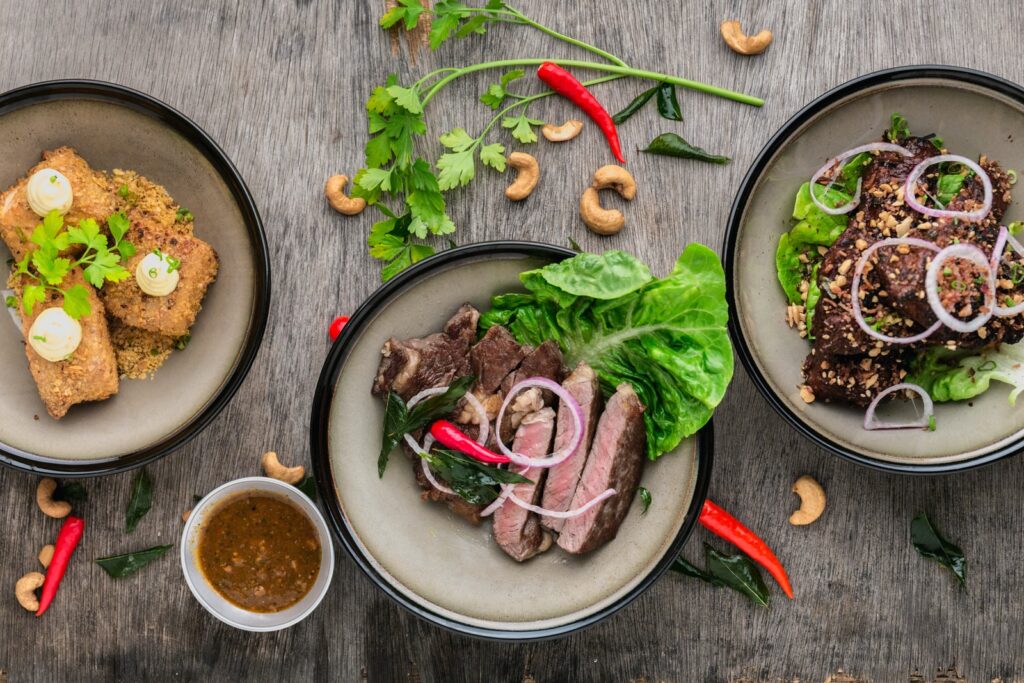
What makes organic food better and its benefits?
In very simple terms, organic food does not allow non-organic or natural pesticides. This means all fertilizer will be natural. The word toxic or toxin should never be used in this type of farming. It will be, in a way, “natural”.
Just like a plant, the same applies to all organic farming:
- Plants / Crops
- Animals / Meat
- Dairy
- and more
The type of compost that will be used will be natural, same for the food that is being fed to the animals. All of this adds up in cost, you know, as well as I do that feeding yourself is expensive. Imagine maintaining a farm “healthy”.
In the USA, the exact definition of organic farming is as follow:
Did you know that organic plants can contain 25% more micronutrients than non-organic plants. They can have a higher concentration of Vitamin C and E. Yes, they are more expensive, but by providing you with more nutrients you get much better for your money.
Benefits
- Less pesticides
- Better for the environment
- Animals are better fed
- Richer in nutrients
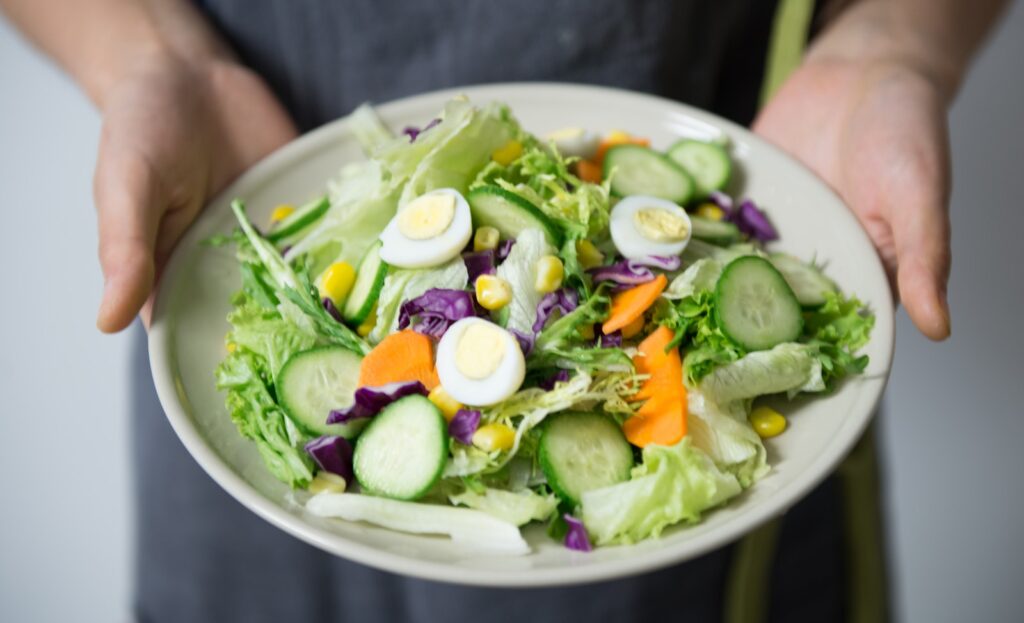
Why is the food you choose important?
As I mentioned in my introduction, if you only have limited access to fruits and vegetables, pick the one that works for you. Frozen is better than nothing at all.
On the other hand, if you are debating between organic and seasonal/local food than you should think about when was the food picked up and how far did it traveled. You don’t need a geography lesson, the further the continent or state, the longer it traveled. Your best option would be to choose an organic local farm, but between the two local can provide you with a lot more nutrients.
It is common practice for the following fruits and vegetables to be picked up unripe to provide better travel, which on the other hand provides less nutrients for you.
Some example of unriped fruits and veggies:
- Bananas
- Tomatoes
- Oranges
- Peppers
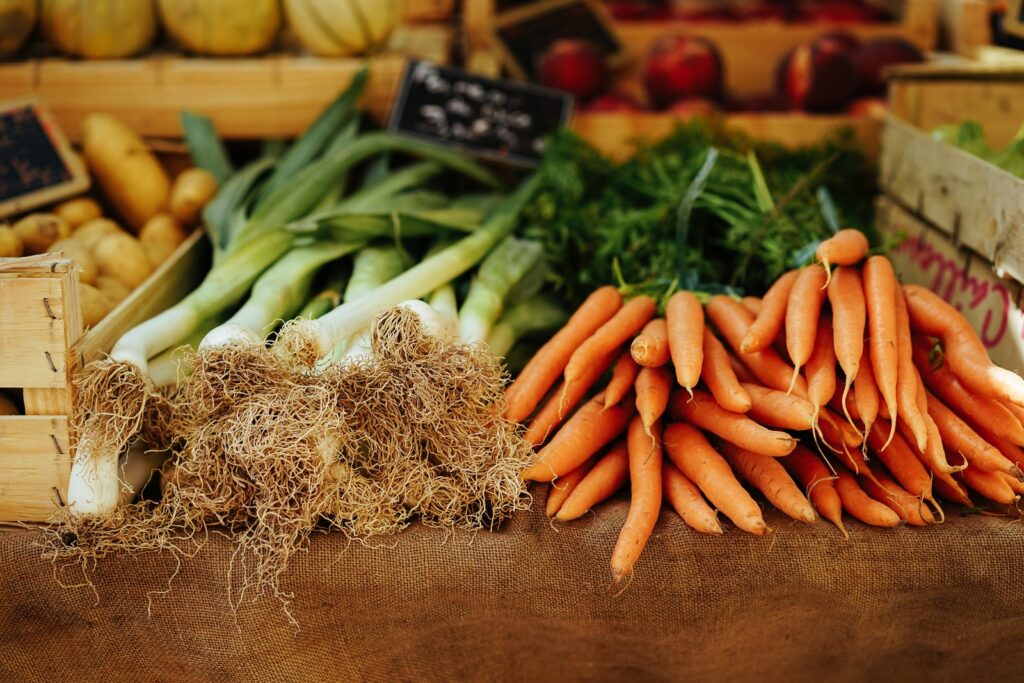
Why is local/seasonal food important?
By choosing local/seasonal food, you can increase the amount of vitamin in your diet since the vegetables will be picked ripe and will have travel for the least amount of time possible. Unless you grow everything at home, which would be the best.
For example, broccoli grows better during the month of May – August, which also provides you with higher content of vitamin C.
A study done at Penn State University found that spinach loses 47% of its folate after 8 days from picking. Find further details below.
What products you don’t need to buy organic?
If you have the choice for certain organic food but not all, the following produce do not provide a lot of advantages to buy organic or not.
- Asparagus
- Avocado
- Mushrooms
- Cabbages
- Sweet Corn
- Eggplant
- Kiwi
- Mango
- Onion
- Papaya
- Pineapple
- Sweet Potatoes
- Grapefruit
- Cantaloupe
You can find amazing information about from HelpGuide.org, discover for yourself, are organic food better for your life.
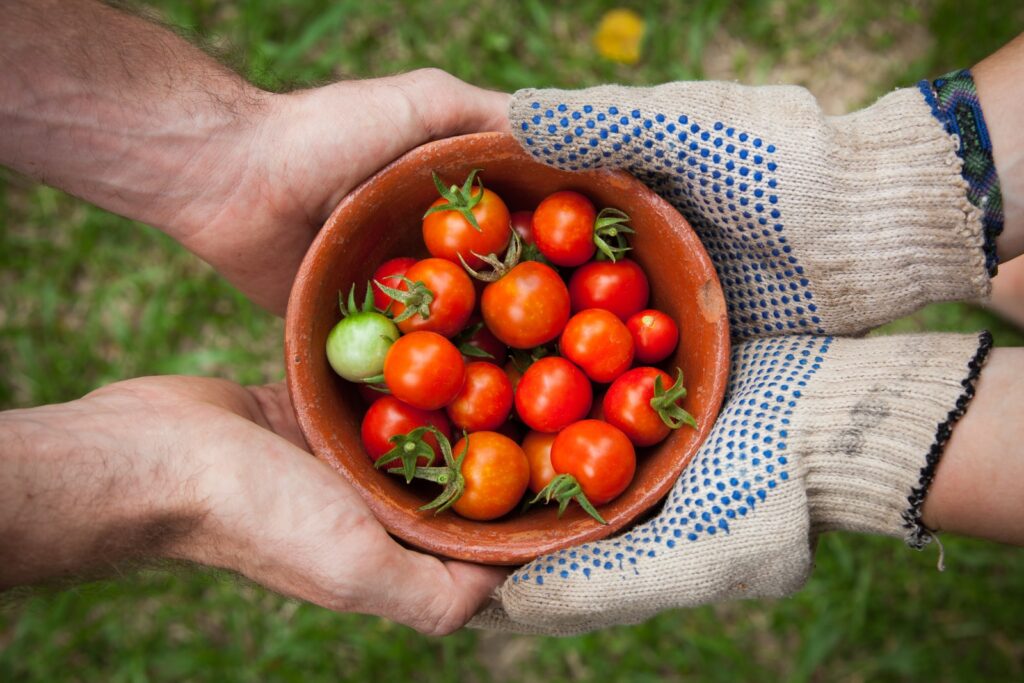
How to get started with healthy food choices?
- Read the location, how much travel did the fruits and vegetables do?
- If you can’t afford any fruits and vegetables, don’t worry too much, choose what’s healthier.
- Avoid processed food.
- Avoid added sugar.
- Anything you remove a peel (like a banana) doesn’t require to be organic.
- Start with one thing and slowly change, as you go, giving yourself a chance to be successful.
If you would like to start a cardio program and don’t know where to start. Read my other article here:
Frequently Asked Questions
Summary
I know not everyone is in the same place as far as health goes. As a health coach, I would promote non-processed food over anything else. Yes, there are a lot of benefits to eating organic food and choosing to right kind of produce for yourself and your family, but if it is not affordable you have to make the right choices for yourself.
Is organic food better, in short, the answer is yes, but it is not everything. Even if you buy organic food, but eat a high amount of processed food, your choices should be reconsidered.
